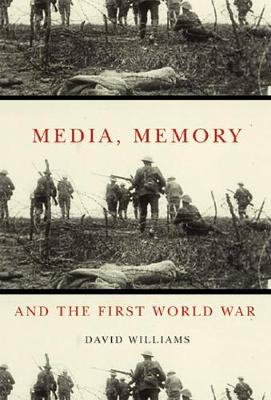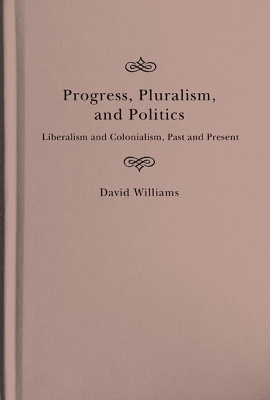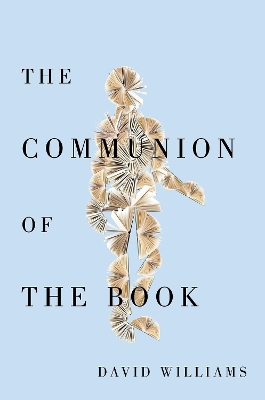McGill-Queen's Studies in the History of Ideas
1 primary work • 3 total works
Book 48
Liberal thinkers of the eighteenth and nineteenth centuries were alert to the political costs and human cruelties involved in European colonialism, but they also thought that European expansion held out progressive possibilities. In Progress, Pluralism, and Politics David Williams examines the colonial and anti-colonial arguments of Adam Smith, Immanuel Kant, Jeremy Bentham, and L.T. Hobhouse.
Williams locates their ambivalent attitude towards European conquest and colonial rule in a set of tensions between the impact of colonialism on European states, the possibilities of progress in distant and diverse places, and the relationship between universalism and cultural pluralism. In so doing he reveals some of the central ambiguities that characterize the ways that liberal thought has dealt with the reality of an illiberal world. Of particular importance are appeals to various forms of universal history, attempts to mediate between the claims of identity and the reality of difference, and the different ways of thinking about the achievement of liberal goods in other places.
Pointing to key elements in still ongoing debates within liberal states about how they should relate to illiberal places, Progress, Pluralism, and Politics enriches the discussion on political thought and the relationship between liberalism and colonialism.
The modern world was not created by the civilization of Renaissance Italy, the advent of the printing press, or the marriage restrictions imposed by the medieval church. Rather, it was widespread reading that brought about most of the cognitive, psychological, and social changes that we recognize as peculiarly modern.
David Williams combines book and communications history with readings of major works by Petrarch, Bruni, Valla, Reuchlin, Erasmus, Foxe, and Milton to argue that expanding literacy in the Renaissance was the impetus for modern civilization, turning a culture of arid logic and religious ceremonialism into a world of individual readers who discovered a new form of communion in the act of reading. It was not the theologians Luther and Calvin who first taught readers to become what they read, but the biblical philologist Erasmus, who encountered the divine presence on every page of the gospels. From this sacramental form of reading came other modes of humanist reading, particularly in law, history, and classics, leading to the birth of the nation-state. As literacy rates rose, readers of all backgrounds gained and embodied the distinctly modern values of liberty, free speech, toleration, individualism, self-determination, and democratic institutions. Communion and community were linked, performed in novel ways through revolutionary forms of reading.
In this conclusion to a quartet of books on media change, Williams makes a compelling case for readers and acts of reading as the true drivers of social, political, and cultural modernity – and for digital media as its looming nemesis.


